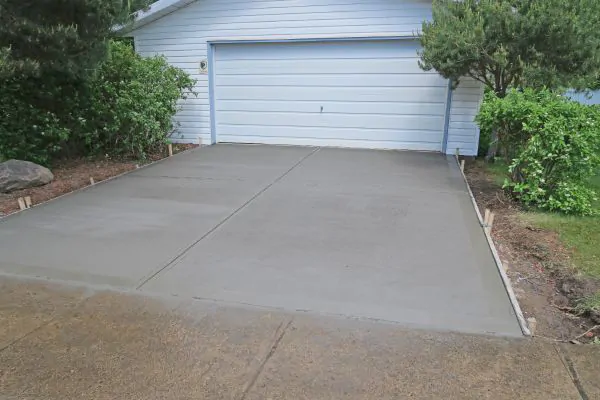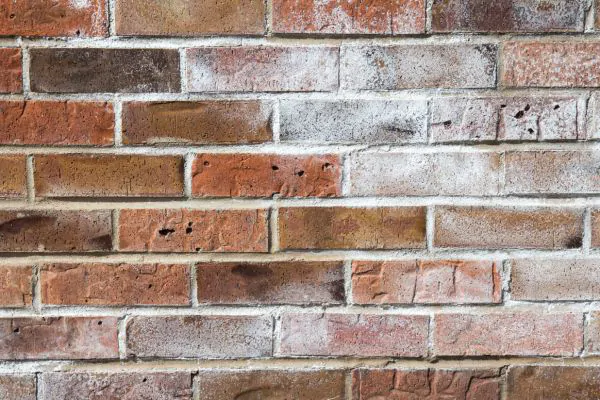
To preserve the beauty and integrity of your brick walls, you must choose the right sealer for brick walls. Welcome to our comprehensive guide on navigating the world of brick sealants, your roadmap to safeguarding your investment and ensuring your brick walls withstand the elements for years to come.
As homeowners and caretakers, we understand the desire to maintain not just the structural integrity of our homes, but also their aesthetic appeal. Whether you’re beginning a new construction project or revitalizing your aging brickwork, the choice of sealant plays a pivotal role. In this article, we delve into the nuances of sealants for bricks, empowering you with the knowledge to make informed decisions tailored to your specific needs.
Types of Brick Sealers
When it comes to sealing your brick walls, it helps to understand the various types of sealers available. Each type offers distinct advantages and is formulated to address specific needs. Let’s explore the different options:
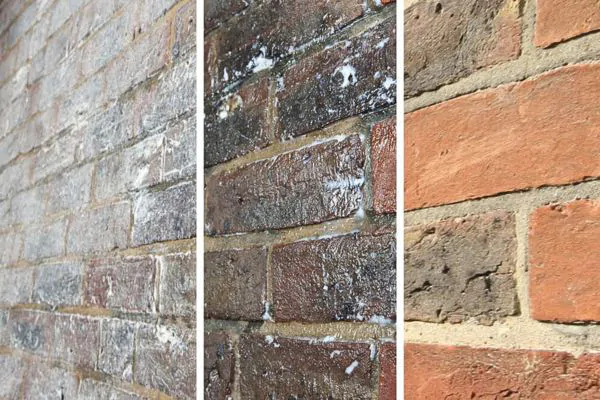
1. Penetrating sealers
Penetrating sealers, also known as impregnating sealers, work by penetrating deep into the porous structure of bricks. They form a chemical bond within the material, providing excellent protection against moisture, stains, and UV damage without altering the appearance of the brick. These sealers are ideal for preserving the natural look of your brick walls while offering long-lasting protection.
2. Acrylic sealers
Acrylic sealers create a protective film on the surface of the brick. They are versatile and come in various finishes, including glossy, satin, and matte. Acrylic sealers offer water resistance and UV protection, making them suitable for both indoor and outdoor applications. They enhance the color of the brick and provide a subtle sheen, enhancing the aesthetic appeal of your walls.
3. Silane-siloxane sealers
Silane-siloxane sealers combine the benefits of penetrating and film-forming sealers. They penetrate the brick surface to repel water while also forming a protective barrier on the surface. These sealers are highly breathable, allowing moisture vapor to escape while preventing liquid water from penetrating. Silane-siloxane sealers offer excellent protection against water, salt damage, and efflorescence, making them ideal for exterior brick walls.
4. Polyurethane sealers
Polyurethane sealers are known for their high durability and abrasion resistance. They form a thick, glossy film on the surface of the brick, providing exceptional protection against moisture, chemicals, and abrasion. While polyurethane sealers offer superior protection, they can alter the appearance of the brick by adding a glossy finish. They are commonly used in high-traffic areas where durability is important.
5. Silicone sealers
Silicone sealers create a water-resistant barrier on the surface of the brick. They offer protection against water penetration, UV damage, and staining. Silicone sealers are breathable, allowing moisture vapor to escape while repelling liquid water. They are easy to apply and dry quickly, making them ideal for both indoor and outdoor use. Silicone sealers are often used on brick walls, driveways, and patios to provide long-lasting protection.
Factors to Consider When Choosing a Brick Sealer
Before you select sealer for brick walls, consider the following factors to make sure your brick will be long-lasting while looking great.
Surface location (exterior vs. interior)
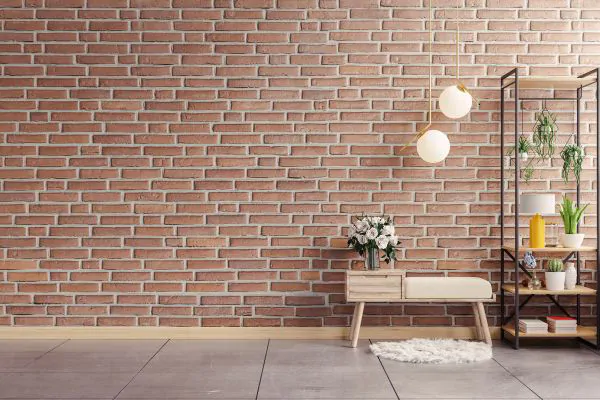
The location of your brickwork, whether it’s outdoors or indoors, will determine the type of sealer needed. Exterior brick walls require a sealer that offers superior protection against harsh weather conditions, UV rays, and moisture infiltration. In contrast, interior brickwork may benefit from a sealer that prioritizes aesthetic enhancement and ease of maintenance.
Transparency
Consider the level of transparency or opacity you desire in the brick sealer. Solid sealers offer complete coverage and can alter the appearance of the brick, while clear or transparent sealers maintain the natural look of the brickwork. Semi-transparent options provide a balance between protection and visibility of the brick’s texture and color variations.
Base material
Brick sealers are available in various base materials, including acrylic, water-based, solvent-based, and silicone. Each type offers distinct advantages in terms of durability, breathability, and ease of application. Acrylic sealers are commonly used for their versatility and durability, while water-based sealers are preferred for their environmentally friendly properties and lower fumes.
Finish family
Consider the desired finish of your brickwork when selecting a sealer. The finish family includes options such as flat, satin, gloss, and matte. Flat finishes offer a natural appearance with minimal sheen, while gloss finishes provide a shiny, reflective surface. Satin finishes strike a balance between the two, offering a subtle sheen that enhances the brick’s color and texture.
Color family
Some brick sealers are available in different color options to enhance or alter the appearance of the brickwork. Consider whether you prefer a sealer that enhances the natural color of the bricks or one that provides a tinted or stained effect. Matching the sealer color to the brick’s hue can create a cohesive look while contrasting colors can add visual interest and depth to the brickwork.
Benefits of Brick Sealers
Brick sealers offer advantages that go beyond mere protection, they enhance the longevity, appearance, and maintenance of your brickwork. Here are several benefits of using a brick sealer:
Protects against water damage
Brick sealers form a protective barrier that repels water, preventing moisture from seeping into the porous surface of the bricks. By minimizing water absorption, sealers effectively guard against water damage, such as efflorescence, spalling, and cracking, preserving the structural integrity of your brickwork for years to come.
Prevents mold and mildew growth
The moisture-resistant properties of brick sealers inhibit the growth of mold, mildew, and algae on the surface of the bricks. By creating a barrier against moisture penetration, sealers create an inhospitable environment for microbial growth, thereby reducing the risk of unsightly stains, odors, and potential health hazards.
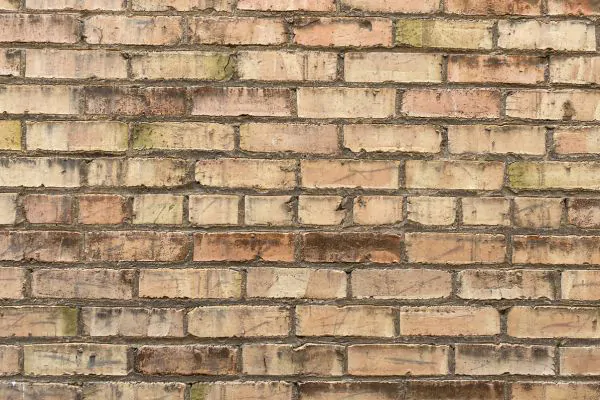
Increases durability and longevity
Brick sealers enhance the durability and longevity of your brickwork by providing an extra layer of protection against environmental factors, such as UV radiation, freeze-thaw cycles, and chemical exposure. By fortifying the surface of the bricks, sealers help mitigate wear and tear, prolonging the lifespan of your brickwork and reducing the need for costly repairs.
Enhances appearance
Sealing your brickwork enhances the natural colors and textures of the bricks. Sealers come in various finishes, from glossy to matte, allowing you to customize the look of your brickwork to suit your aesthetic preferences. Whether you’re aiming for a subtle sheen or a high-gloss finish, sealers can accentuate the beauty of your brickwork and the overall appeal of your property.
Minimizes maintenance
By creating a protective barrier that repels dirt, stains, and debris, brick sealers minimize the need for frequent cleaning and maintenance. Sealers make it easier to remove dirt and grime from the surface of the bricks. With minimal maintenance requirements, sealed brickwork remains beautiful and functional with minimal hassle.
You may be interested in this article: How Often Should Your Building Have Masonry Maintenance?
How to Apply a Brick Sealer
Proper application of a brick sealer ensures maximum effectiveness and longevity. Follow these steps to achieve optimal results:
Preparing the surface
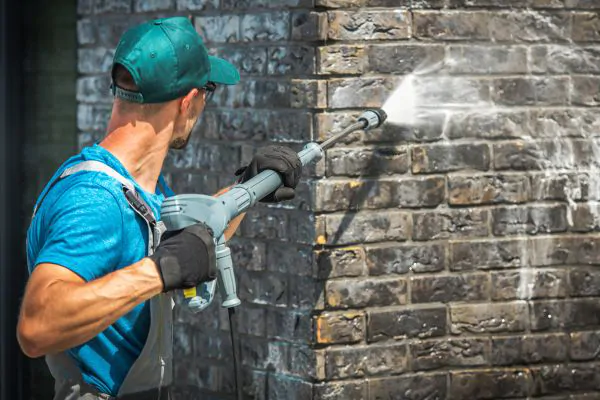
Begin by thoroughly cleaning the brick surface to remove dirt, dust, and any existing sealant residue. Use a stiff-bristled brush or pressure washer to scrub away stubborn stains and debris. Allow the surface to dry completely before proceeding with the application of the sealer.
Choosing the right amount of product
Calculate the square footage of the brick surface to determine the amount of sealer needed. Follow the manufacturer’s instructions regarding coverage rates and application thickness. Avoid applying excessive amounts of sealer, as this can lead to uneven coverage and potential issues with drying and curing.
Application techniques
Apply the brick sealer using a brush, roller, or sprayer, depending on the size and complexity of the surface. Work in small sections to ensure thorough coverage and even distribution of the sealer. Use long, overlapping strokes to prevent streaks and ensure uniformity. Pay special attention to mortar joints and porous areas, ensuring they are adequately sealed.
Maintenance and reapplication
After allowing the sealer to dry according to the manufacturer’s instructions, inspect the surface for any missed spots or uneven coverage. Touch up any areas as needed before allowing the sealer to cure fully. Regularly maintain the sealed brickwork by cleaning it with a mild detergent and water solution to remove dirt and debris. Monitor the condition of the sealer over time and reapply as necessary to maintain optimal protection.
Hiring a professional vs. DIY approach
Decide whether to tackle the brick sealing project yourself or enlist the services of a professional mason contractor. While a DIY approach can save money, hiring a professional ensures proper application and adherence to manufacturer recommendations. Consider factors such as the size of the project, your level of expertise, and the complexity of the surface when making this decision.
Conclusion
Choosing the right sealer for your brick walls can significantly impact their longevity, appearance, and maintenance requirements. By considering surface location, transparency, base material, finish family, and color family, you can make an informed decision that meets your specific needs and preferences.
Once you’ve selected the appropriate sealer, proper application techniques will ensure optimal results. Whether you opt for a DIY approach or enlist the help of a professional, thorough preparation, careful application, and regular maintenance are key to preserving the beauty and integrity of your brickwork.




